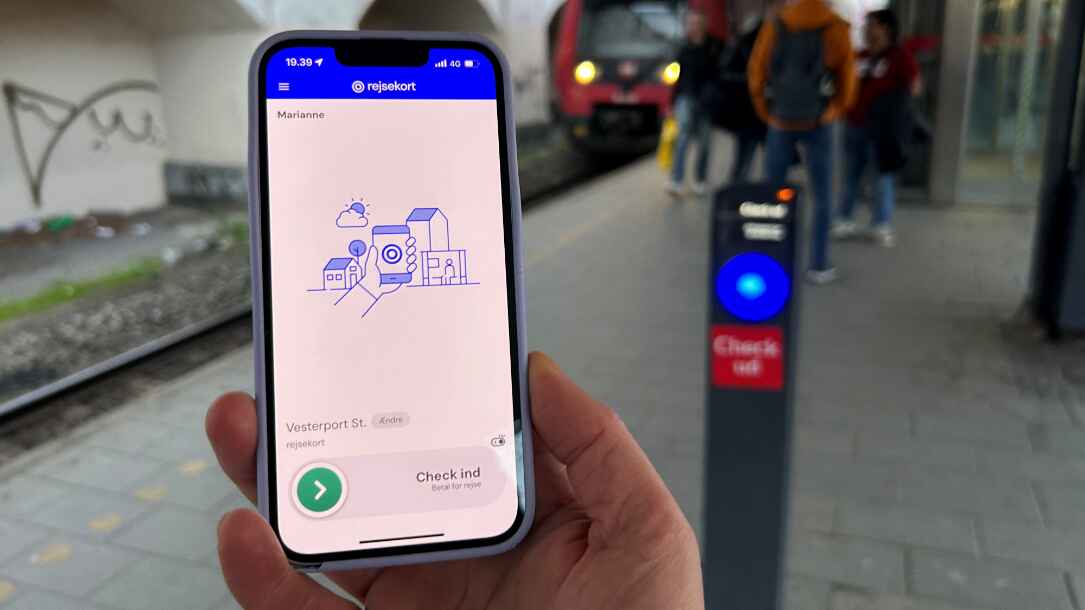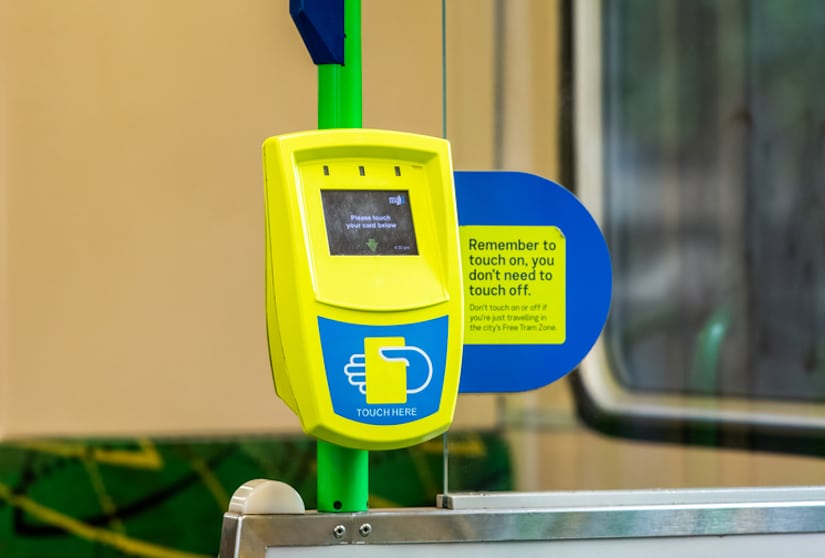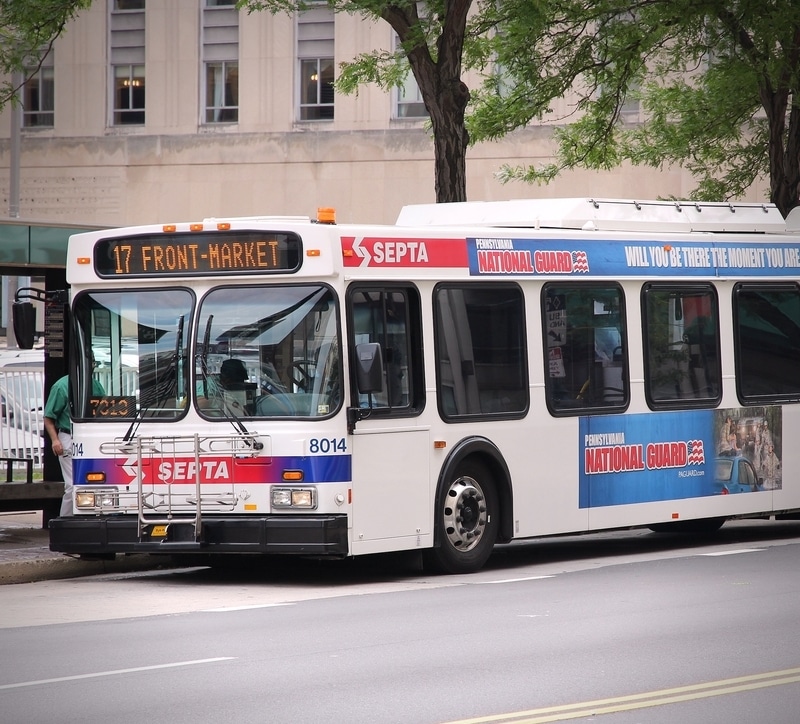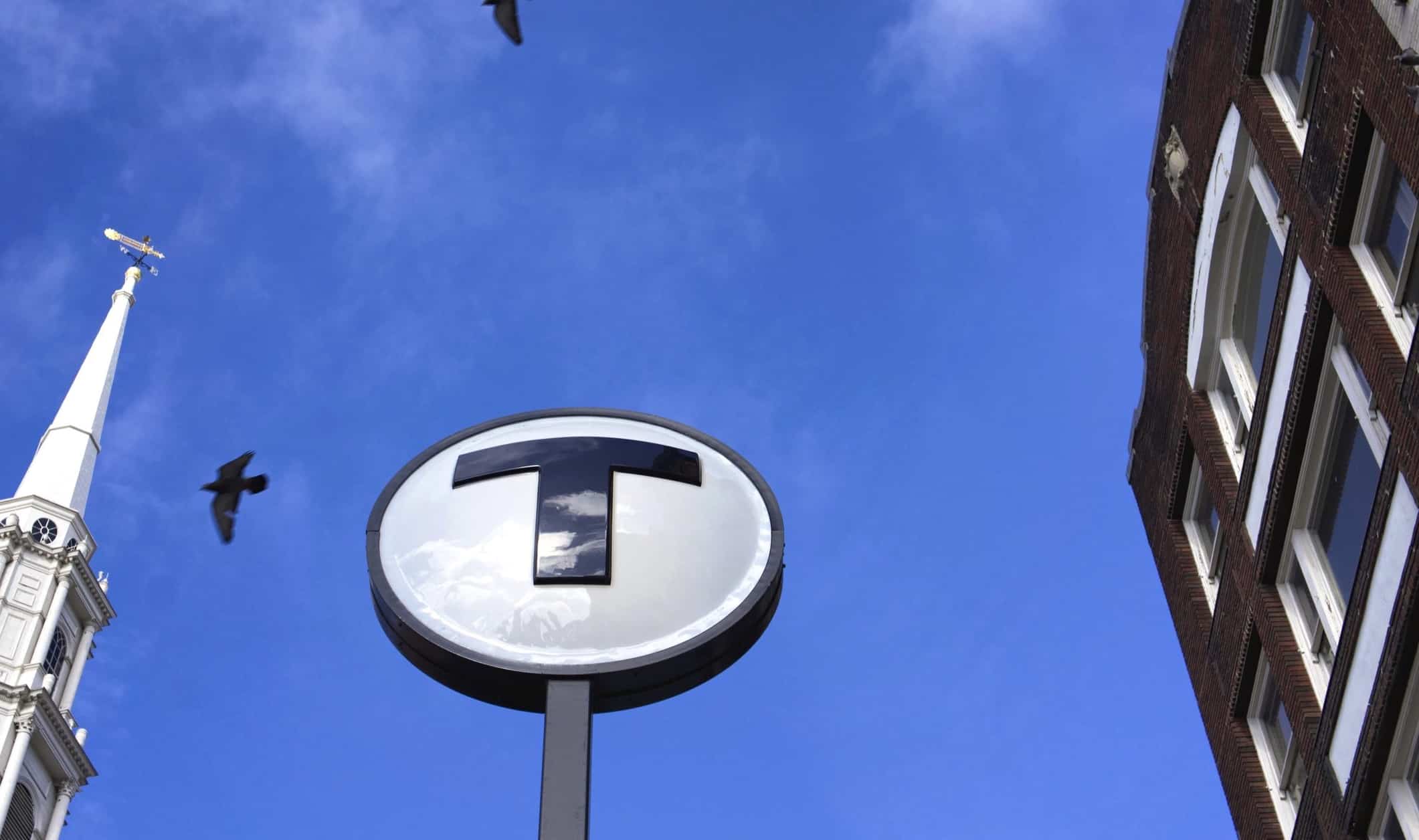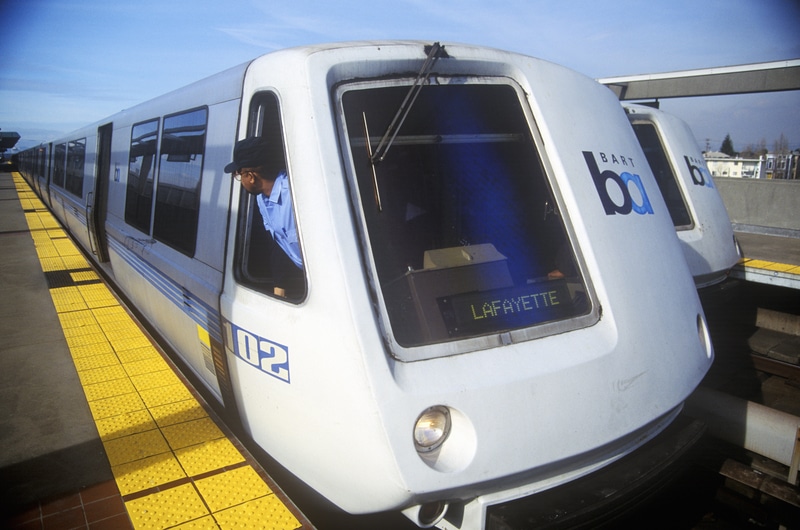
Article Highlights
Île-de-France Mobilités, the large Paris transit authority serving Paris and the surrounding region, has confirmed that a digital version of its Navigo closed-loop fare card will be available on both Android and iOS devices, although the availability with Apple will not happen until later in 2023.
Table: Closed-loop fare cards available in major Pays wallets.
Île-de-France Mobilités, the large Paris transit authority serving Paris and the surrounding region, has confirmed that a digital version of its Navigo closed-loop fare card will be available on both Android and iOS devices, although the availability with Apple will not happen until later in 2023.










